Ikea’s Commitment to Sustainability: Harnessing the Power of the Harp CX2 to Combat Food Waste
Ikea, a global leader in affordable and stylish home furnishings, is not only known for its high-quality furniture and Swedish-inspired food but also for its strong commitment to sustainability. The company has long been focused on reducing its environmental impact, with goals to become climate-positive by 2030, which includes reducing emissions across product manufacturing, transportation, and store operations. In alignment with this ambitious goal, Ikea has introduced several innovative solutions into its operations, one of the most impactful being the use of the Harp Cx2 food waste processor at its Ohio, Columbus store.
The Problem of Food Waste
Food waste is a major environmental challenge, with significant implications for greenhouse gas emissions, landfill overflow, and resource inefficiency. At Ikea, food waste generated by its in-store restaurants had been a part of the company’s environmental footprint. As a part of its efforts to combat climate change and contribute to its circular economy strategy, Ikea identified the need for an effective solution to reduce food waste and its associated impact on the environment. This led to the adoption of the Harp CX2 aerobic food waste processor.
The Harp CX2
The Harp CX2 is an aerobic on-site food waste processor designed to efficiently manage orgainc waste by converting it into high-value fertiliser. Capable of processing up to 2,000 liters of food waste weekly, the CX2 reduces food waste volume by up to 70%. The system uses oxygen-loving bacteria to break down food waste, producing nutrient rich compost in less than 24 hours. This process not only helps divert waste from landfills but also reduces harmful greenhouse gas emissions that would otherwise occur in landfill environments.
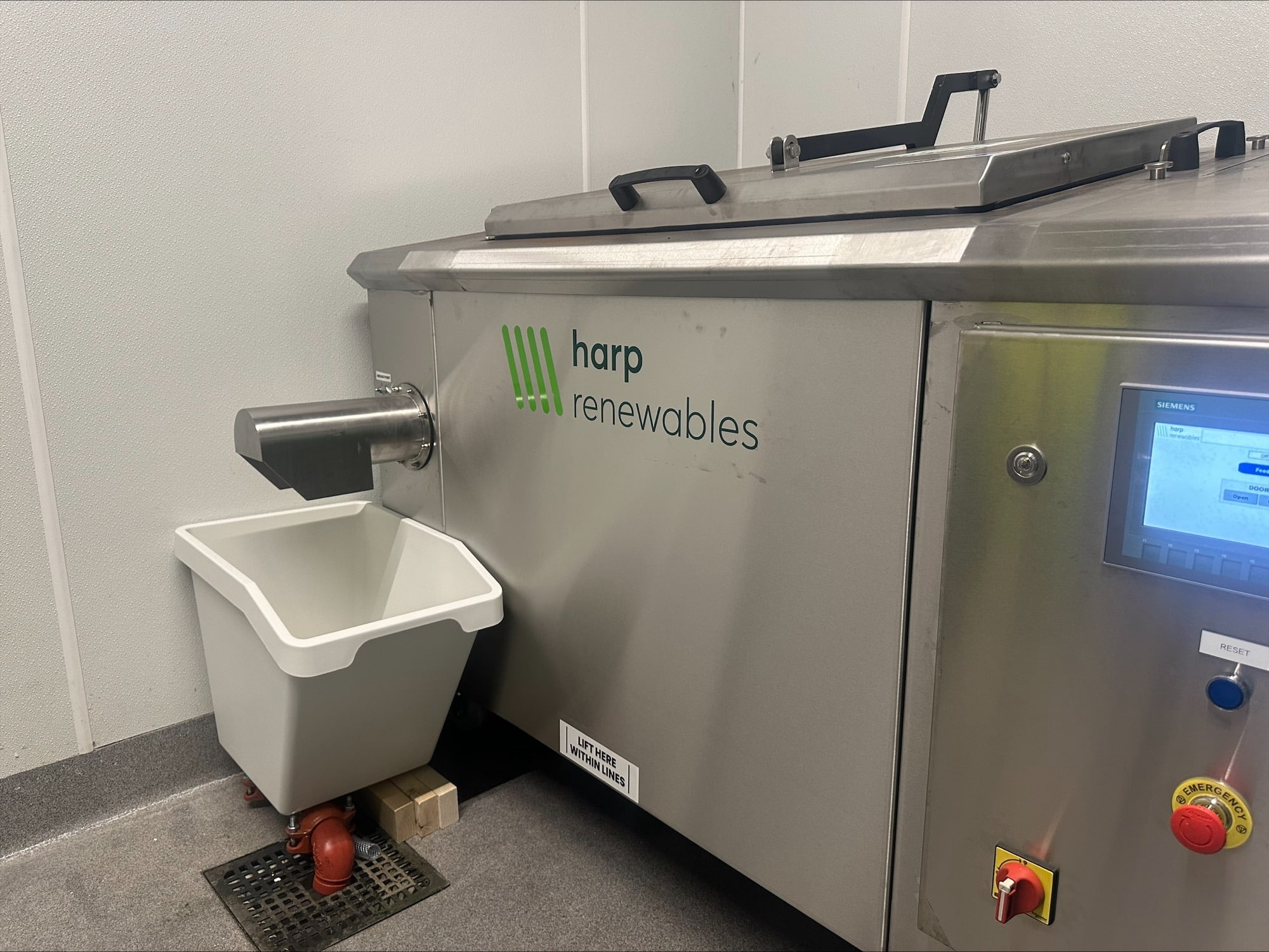
Specifications
- Equipment: Harp CX2
- Waste Stream: On-site canteen waste
- Capacity: 285 Litres/Day, 2000 Litres/Week, 104,000 Litres/Year
- Estimated CO2 Savings: -1497.2 KgCO2eq (- 1.5 Tonnes CO2eq )
Supporting Ikea’s Sustainability Goals
By integrating the Harp CX2 into its Ohio, Columbus store, IKEA has made significant strides in reducing the environmental impact of its food waste. The installation of this system has allowed the store to:
-
Reduce food waste: By processing food waste on-site, IKEA eliminates the need for frequent waste collection services, reducing the volume of waste transported to landfills and lowering waste management costs.
-
Lower carbon emissions: By diverting food waste from landfills, IKEA reduces methane emissions associated with organic waste decomposition. This aligns with its commitment to becoming climate-positive by 2030.
-
Produce compost for landscaping: The processed food waste is converted into a nutrient-rich compost, which can be used in landscaping at IKEA stores or even in community gardens, promoting a circular economy.
-
Enhance operational efficiency: With a streamlined waste management process, IKEA can reduce the frequency of waste collections and improve the overall efficiency of its operations.
The Bigger Picture: IKEA’s Sustainability Agenda
IKEA’s sustainability efforts extend beyond waste management. The company is dedicated to designing products with circular principles, ensuring that materials can be reused, refurbished, or recycled. IKEA is also investing in renewable energy, such as solar and wind power, to meet its goal of becoming climate-positive by 2030.
The integration of the Harp CX2 food waste processor is just one example of IKEA’s ongoing efforts to create a more sustainable future. It is part of the company’s broader commitment to reducing its carbon footprint, conserving resources, and supporting a circular economy.


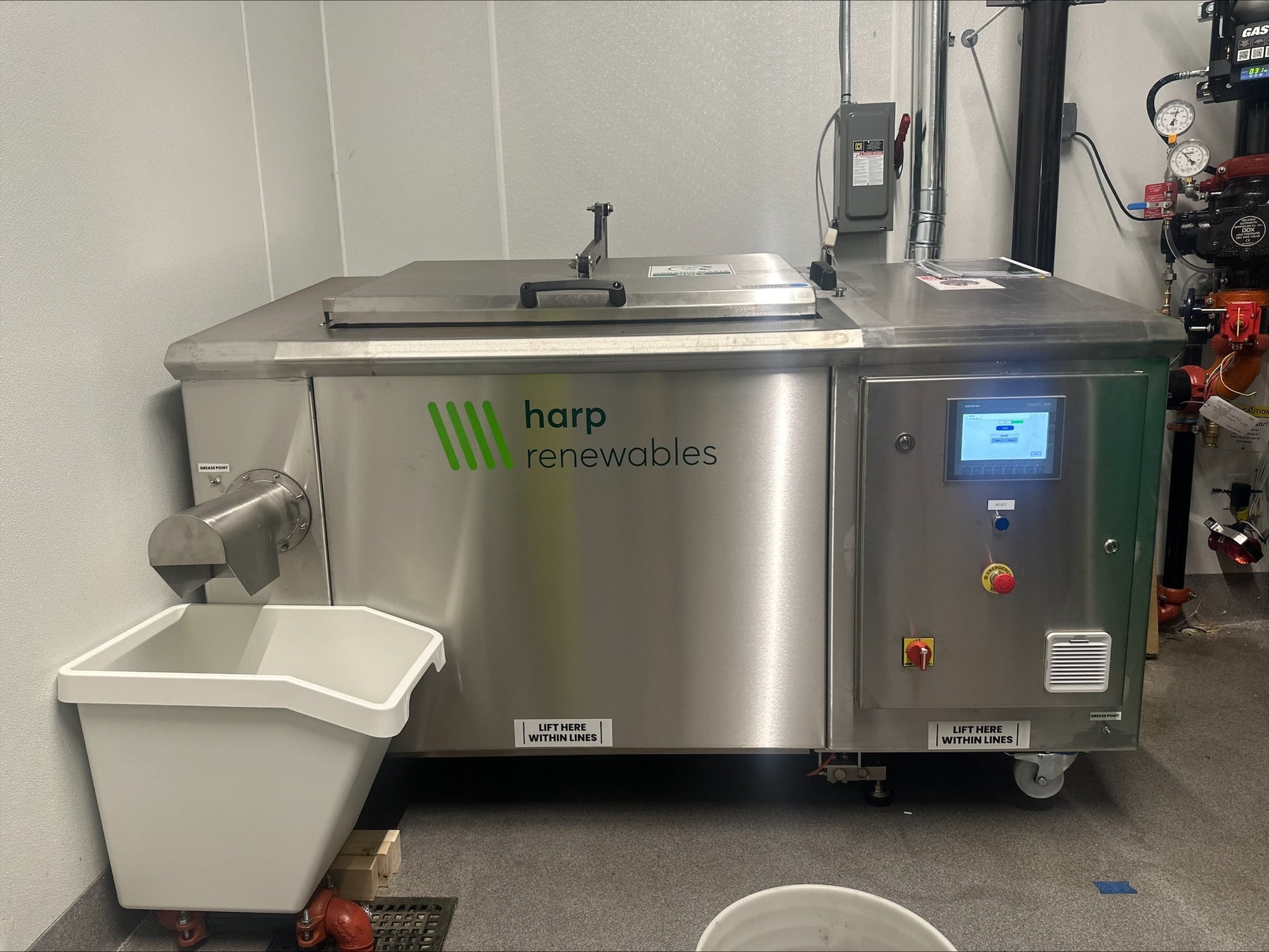



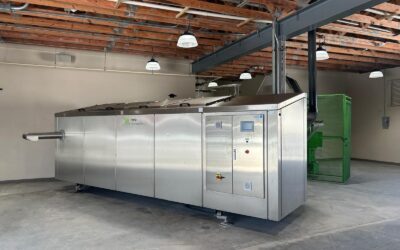
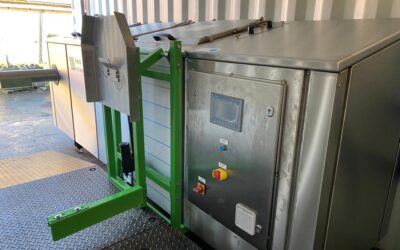
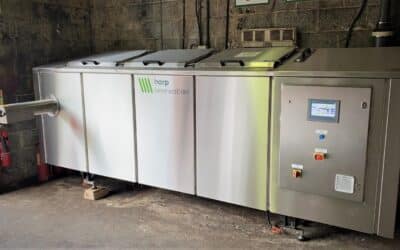
0 Comments